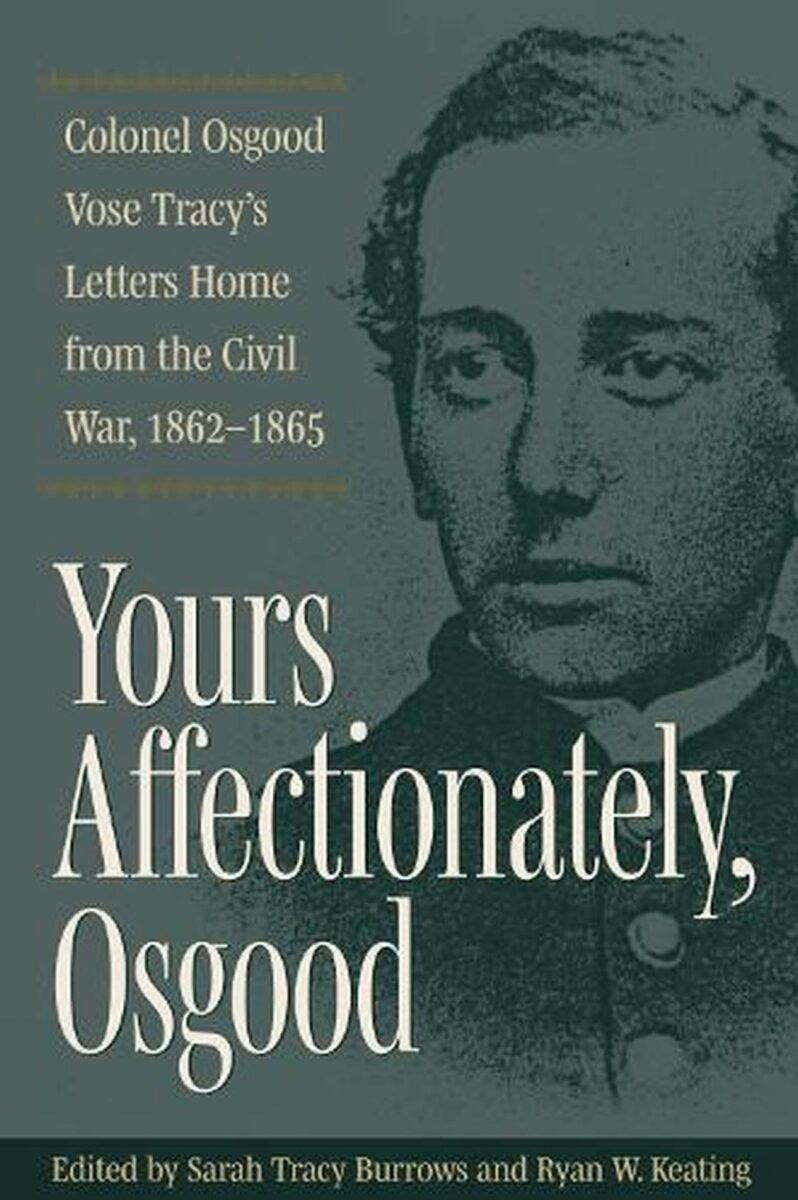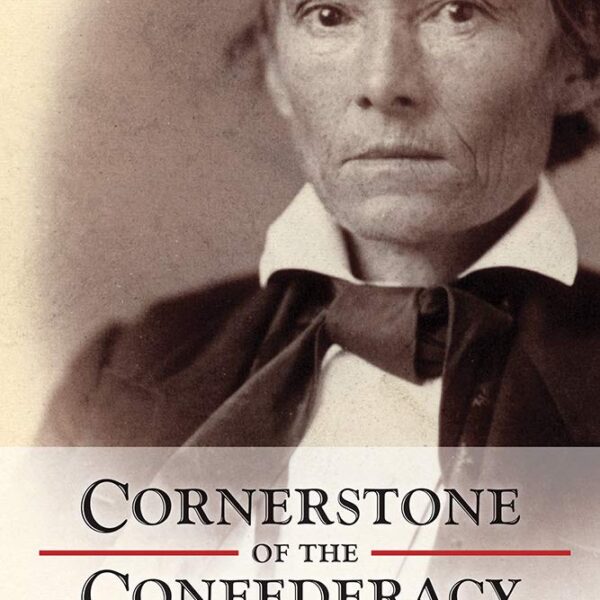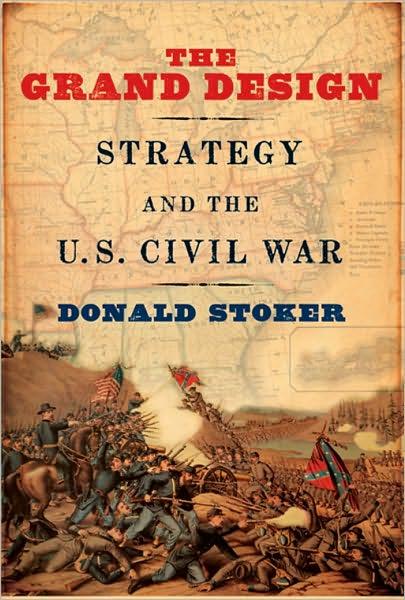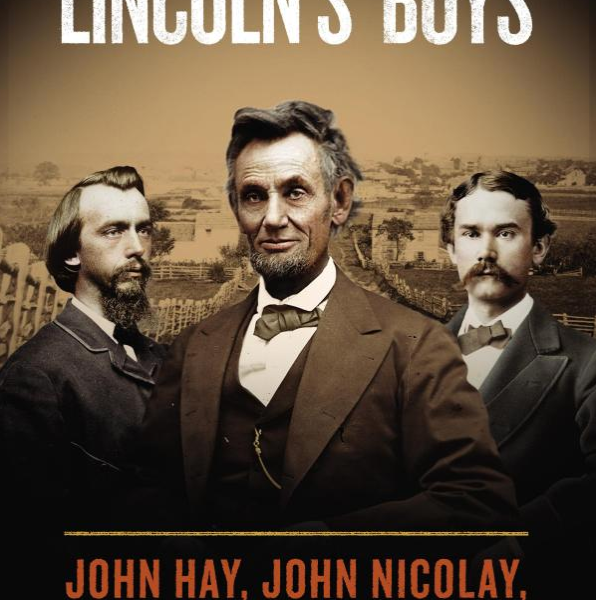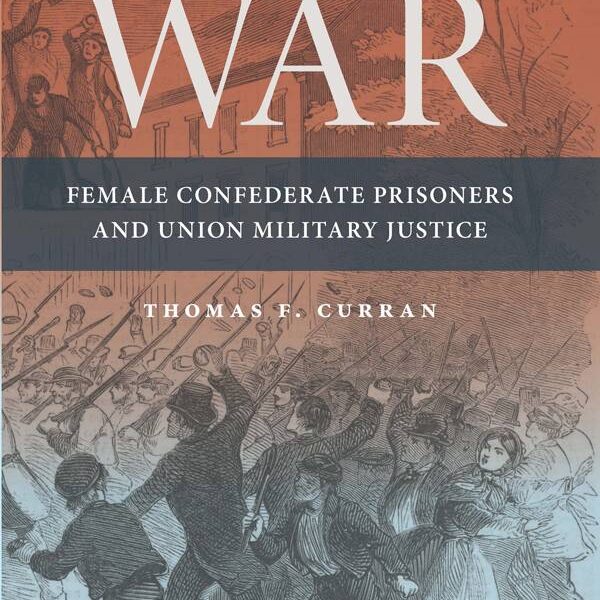After more than 150 years, there still exist collections of Civil War letters in need of discovery and transcription. The letters of Osgood Vose Tracy of the 122nd New York Volunteers have much to show us about his experiences. Most of Tracy’s letters went to his mother, Sarah Osgood Tracy, with his brother William and future wife, Ellen “Nellie” Sedgwick, among the most common recipients. Because this is the full transcription of a larger collection, editors Sarah Burrows and Ryan Keating include several other letters written about Tracy’s wartime experiences.
A young and educated officer, Tracy makes for an interesting subject. His family was well-connected in the Syracuse area, and he maintained a relationship with his uncle, Edwin Vose Sumner, a Union major general. Tracy maintained the family’s position in Syracuse after the war. One interesting aspect, probably connected to this background, is Tracy’s ability to take a larger view of the conflict. Rather than become obsessed with momentary swings in military fortune, Tracy consistently tried to contextualize what he saw and maintained a confident perspective on Union military progress.
One of the first notable things about Tracy’s experience is how little combat he saw in his first year. Though he enlisted in the later summer of 1862, Tracy and the 122nd New York first fought nearly a year later at Gettysburg. His letters from this early period discuss the vagaries of camp life and document his attempts to remain engaged with friends and family at home. Tracy has many interesting observations about the nature and course of the war, as well as remarks about mundane experiences like building cabins for winter quarters. He also took a great interest in his friends and neighbors, especially their romantic lives. This is part a larger pattern throughout the letters, where Tracy sought some connection to the civilian world he left behind. He worried throughout the war that dropped correspondence meant the end of a friendship through distance and absence.
Probably the most interesting experience of Tracy’s wartime service was his capture by Confederate forces at the battle of the Wilderness in 1864. He was taken to Richmond, but his time there was short as he and a companion escaped—making their way back to Union lines to rejoin the army outside of Richmond. Here is one place that the editors make good use of other materials in Tracy’s collection, supplementing his experience with notes from friends in the army to his family. It also includes Tracy’s full account of his capture and escape, published in the Syracuse Herald in 1914.
This last piece is illustrative of perhaps the most interesting aspect of the collection: the inclusion of Tracy’s postwar writings on his military experience. It is an interesting editorial choice not just to include them, but also to intersperse select ones with the contemporary letters. The editors clearly identify these pieces and offer explanations as they appear.
Also included are Tracy’s other writings from after the war. Tracy himself provided several war stories to local publications, and both he and his brother gave addresses at the regiment’s monument dedication in Gettysburg. Tracy took an active role in preserving and defining the war, putting the soldiers’ experience in the center. Though noticeably antislavery before and during the war, here he ignored the issue and remembered the men who died, while William issued a call to care for those veterans and their families unable to care for themselves.
Burrows and Keating have done well to contextualize Tracy’s wartime experiences and preserve his own voice. This is an interesting collection for those interested in soldiers and the home front, efforts at commemoration, and the history of central New York.
Keith Altavilla teaches history at Lone Star College-CyFair.
